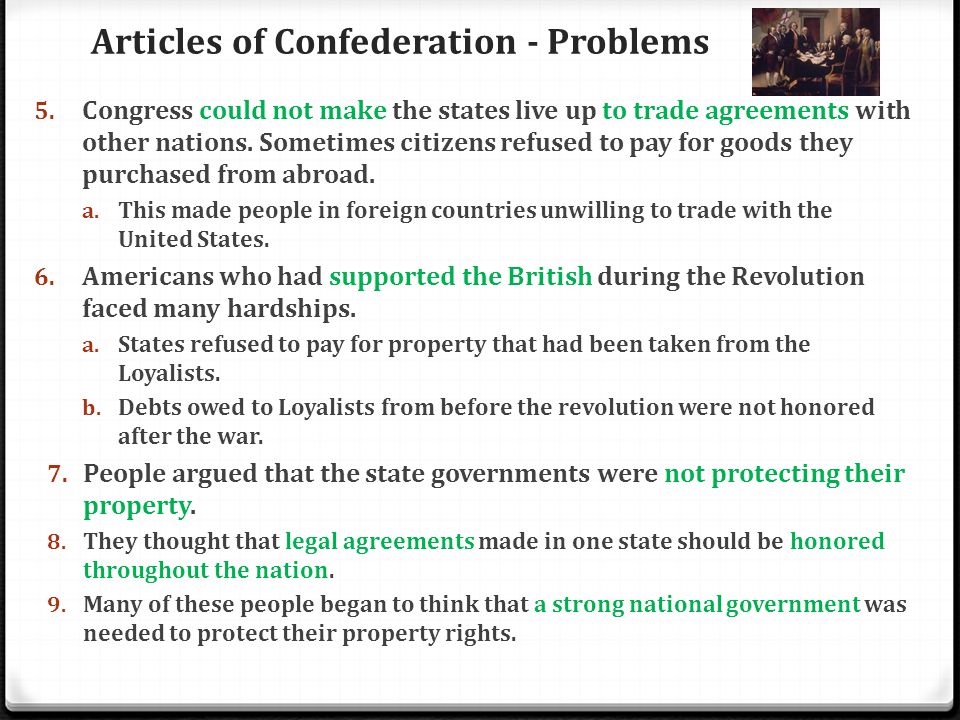Articles of Confederation
- Due Oct 13, 2020 by 11:59pm
- Points 15
- Submitting a text entry box
- Available until Oct 16, 2020 at 11:59pm
8.H.2.3 - Summarize the role of debate, compromise, and negotiation during significant periods in the history of North Carolina and the United States
8.C&G.1.1 - Summarize democratic ideals expressed in local, state, and national government (e.g. limited government, popular sovereignty, separation of powers, republicanism, federalism and individual rights).
8.C&G.1.2 - Evaluate the degree to which democratic ideals are evident in historical documents from North Carolina and the United States
Can a school function if teachers have all the Power?
What If all the Teachers had to agree to make any change to the School?
What if we only meet to discuss changes once every year?
Taxes are paid by people living around the school, What if people had an option to pay or not pay?
How does Government Function? Can a Nation Survive if power is unbalanced?
The Articles of Confederation- A formal Document that was an agreement among the 13 original states of the United States of America that served as its first constitution. Adopted on November 15, 1777. However, ratification of the Articles of Confederation by all thirteen states did not occur until March 1, 1781. The Articles created a loose confederation of sovereign states and a weak central government, leaving most of the power with the state governments. The need for a stronger Federal government soon became apparent and eventually led to the Constitutional Convention in 1787.
Read the Articles: Determine if the Article is a Strength or Weakness! TextLink
Problems with the Articles of Confederation



Assignment:
1. Explain the weaknesses and Strengths within the Articles of Confederation.
(3 weaknesses & 2 strengths)
* Strength - Article I : Named Our Country The United States, Article III : Defend Each other, Article IV
Weaknesses - Article V Congress only meet once a year and state can hold you back, Article VI No Navy, Article VII Officers appointed by states may not be qualified, Article VIII Taxes to pay war Debt, Article IX, X only 9 of 13 required to make a decision affecting everyone, XI Canada (England ) gets a say, XII All debts before still have to be paid, XIII Must be upheld by all States...
2. Which government had all the Power (Use supporting Evidence)? Why would this be a problem? EXPLAIN!
* State Government had all the power... Federal was weak ... they can not pay off the debts if the states do not enforce the taxes, they can not put down rebellions without a federal army, they can not run the US with so many restrictions.
3. What was the Solution to the Problem? What will Replace the Articles of Confederation?
* Need stronger Federal Government, Replace Articles with The Constitution.
 Find Rubric
Find Rubric
